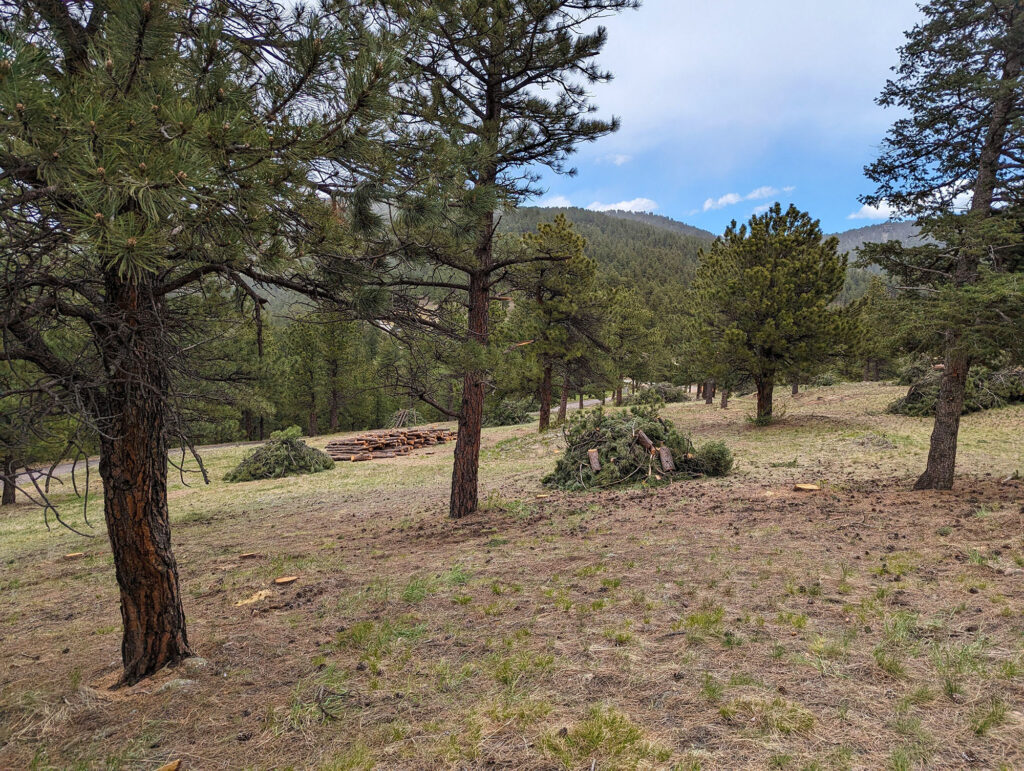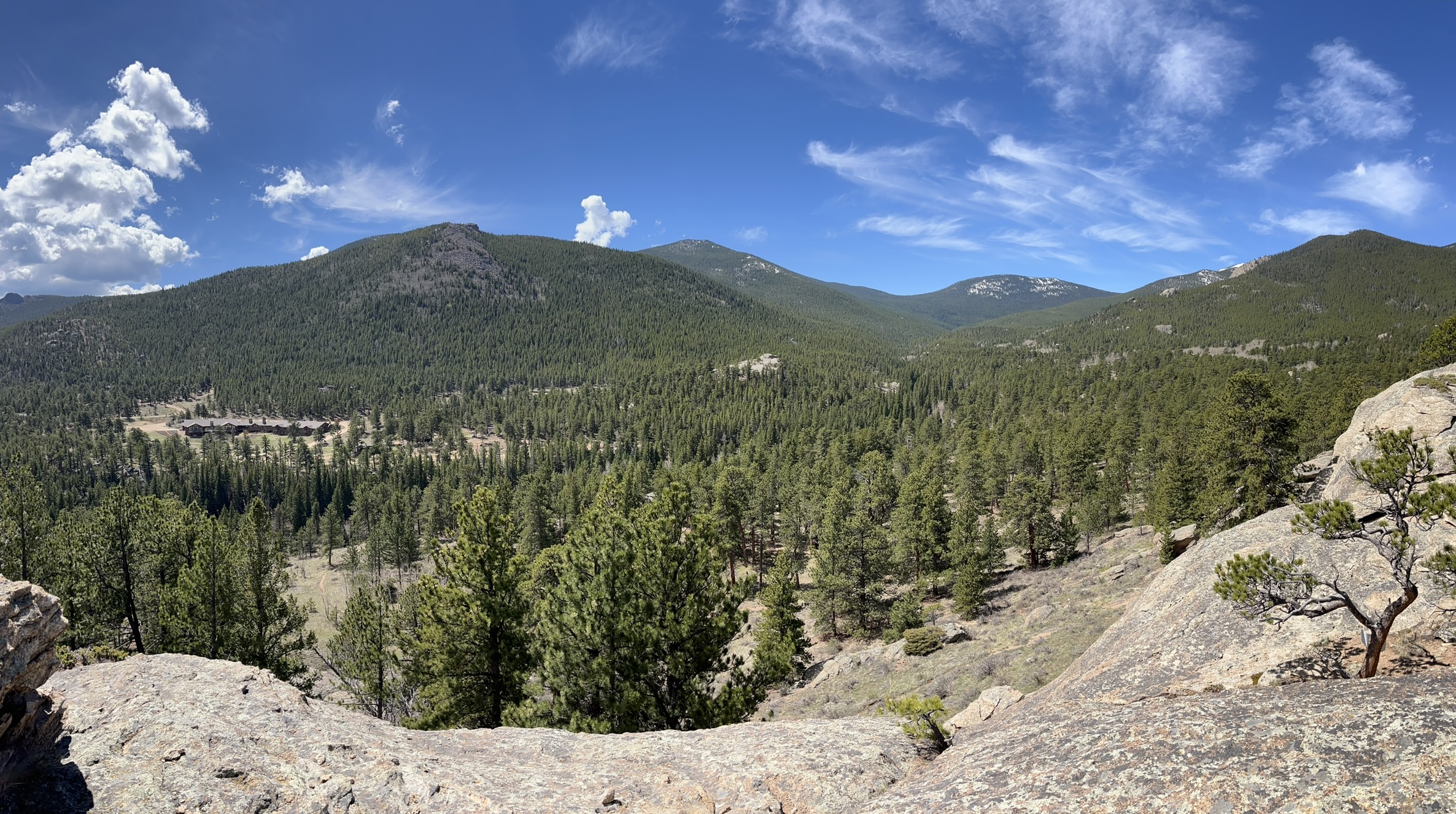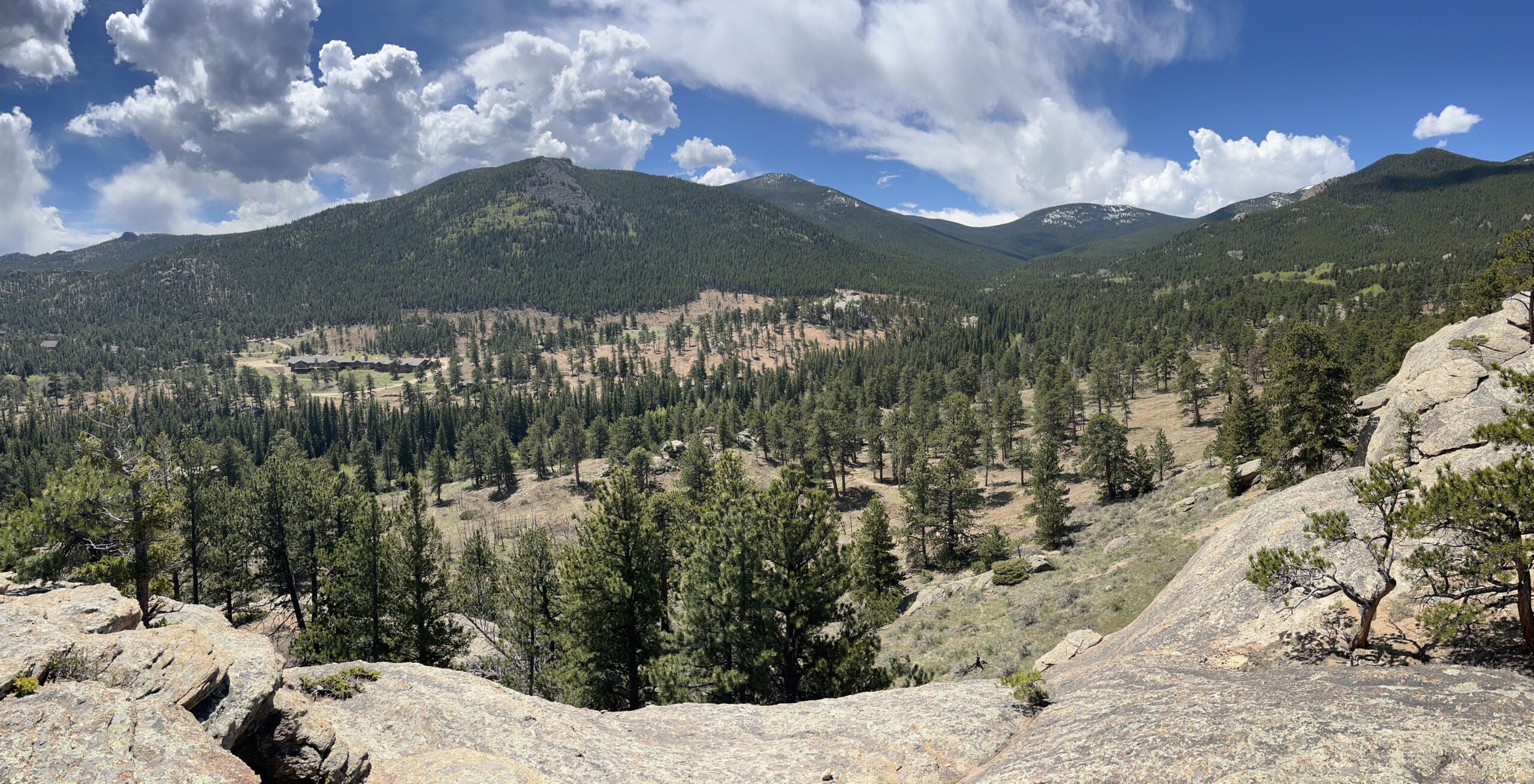Eligibility
- Local government entities in Boulder County.
- Private utilities, ditch companies, and water providers.
- State agencies that own or manage land in Boulder County.
- Homeowners Associations (HOA).**
- Non-profit organizations:
**For Grasslands projects, only HOAs managing larger open space areas or buffers outside of their community boundary can apply. Read the full, updated description of Grassland Eligibility Criteria in the criteria document.
What Can Funding Be Used For?
Forest Fuels Mitigation Grants:
- Creation or maintenance of fuel breaks.
- Fuels reduction by various appropriate methods, including mechanical thinning, prescribed fire, and others, designed to protect water supplies and/or reduce potential fire intensity.
- Removal of saleable woody materials with specific utilization plans.
- The removal/disposal of slash and non-merchantable materials using methods such as chipping, mulching, grinding, pile burning, broadcast burning or mechanical removal.
- Cross-boundary projects that may include private, local government, and federal lands.
Grassland Fuels Mitigation Grants:
- Fuels reduction by various appropriate methods including mowing, grazing, shrub/tree removal, chipping, or prescribed fire.
- Prescribed burning projects with the objectives of reducing wildfire risk.
- Local government open space management projects with the objectives of reducing wildfire risk.
- Ditch fuels reduction projects.
- Cross-boundary projects that may include private, local government, and federal lands.
To help determine if your project falls under Forest Fuels (west of Highway 36/Broadway)or Grasslands (east of 36/Broadway) eligibility, you can also reference the Wildfire Partners-2025 Wildfire Zone Map.
Community Wildfire Protection Plans (CWPPs):
- Updates to existing plans or development of new plans.
Additional Grant Program Criteria
Proposed projects must be strategic in nature to maximize the effectiveness of the grant program. Strategic elements include:
- Being recognized in one of the following plans:
- Boulder County Community Wildfire Protection Plan (CWPP) or a local CWPP.
- Local hazard mitigation plans.
- Forest management plans (e.g., Forest Agriculture Plan, NRCS Conservation Planning Activities plan).
- Wildfire Ready Watershed action plan.
- Designation as a high-risk area on a current wildfire risk map.
- Location within or adjacent to:
- Boulder County Fireshed Focus Area Map.
- Potential Operational Delineation (POD) mapped areas.
- Inclusion in a specific project area (e.g., St.Vrain Forest Health Project).
- Being part of a larger, landscape-scale treatment or a community-wide, multi-landowner project.
- Involvement in cross-boundary projects.
- Close to public or private lands that have received or are scheduled for treatment.
Local Coordination and Consultation:
- Applicants must coordinate project development with relevant forestry or wildfire experts. Coordination should be with one or more of the following: Boulder County Wildfire Forest and Grassland Project Coordinator or a forester from the Colorado State Forest Service, Boulder Field Office, Boulder County Parks and Open Space, or the City of Boulder Open Space and Mountain Parks.
- Applicants are required to schedule a pre-project site visit with an identified expert as defined above. All grant applications must include a site visit form completed by the Boulder County Wildfire Team Forest and Grasslands Project Coordinator or other consulting forester. It is recommended that the applicants schedule their site visit(s) early in the project development stage to ensure the project is strategic, feasible, and achievable.





